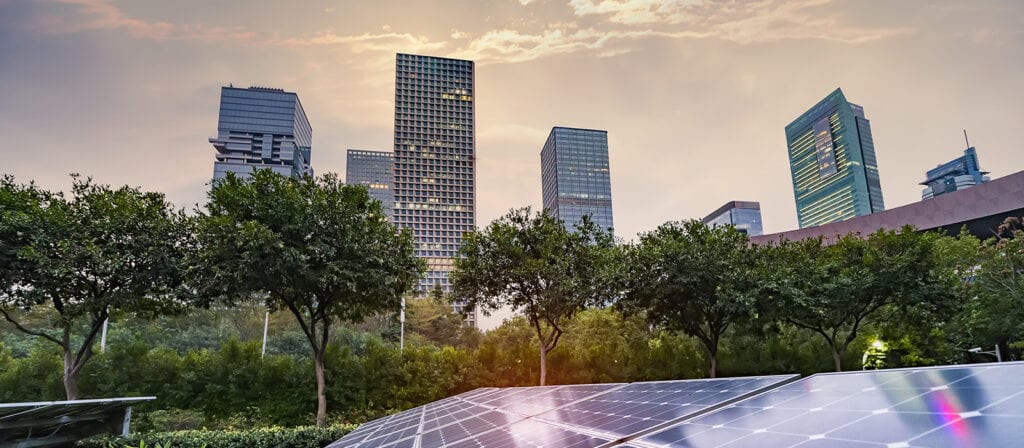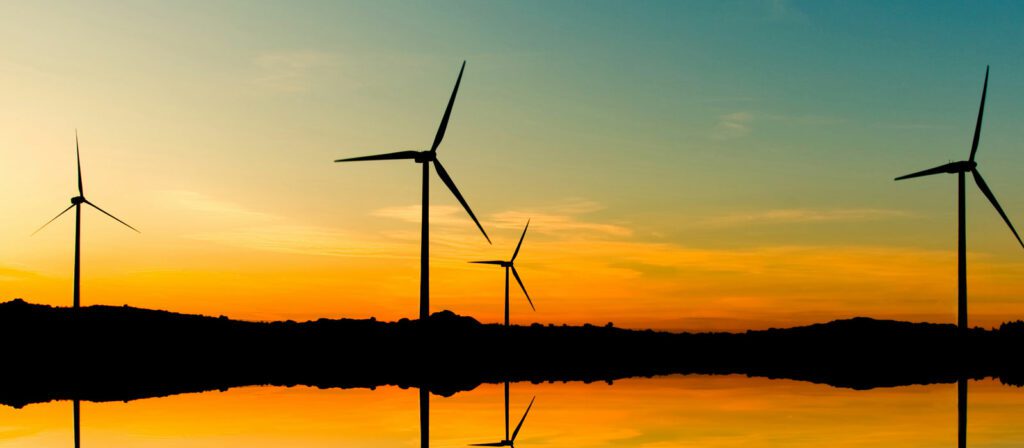Aviva has committed to be a net zero carbon emission company by 2040, the first of any major global insurance company to target this ambitious goal. This goal will be achieved by a transition pathway aligned with a series of targets to that year. By 2030 the plan is to have cut 60% of the carbon intensity in investments and have achieved a net zero operations and supply chain.
Aviva Investors made a very detailed commitment made to net zero two years ago on operations, underwriting and on the assets side of the business. On the operations side of the business the commitment to net zero is much easier than the asset side of the business. Indeed, Aviva have introduced their own wind turbine serving Aviva businesses in Scotland and solar panelled car parks across the Aviva suite.
On the asset side of the business, it is more about changing the investment strategy while not impacting customer returns.
Carbon intensity currently shows a downward trend for Aviva’s portfolio, as companies de-risk their carbon intensity over time to meet their commitments. However, this will not achieve net zero in the required timeframe.
To escalate engagement with carbon emitters, Aviva Investors’ CEO wrote to the top 30 carbon emitters globally informing them that it would divest if they did not sign up to net zero. This is because the asset manager believes these companies will underperform in the long-term and this is consistent with Aviva’s strategy of delivering long-term customer returns.
Divesting alone will not get Aviva’s portfolio to net zero in the long-term. Macro stewardship is required, changing the way the world works. This could include the creation of a carbon tax that is global and chargeable to all organisation, so that they pay through their accounts for the pollution and nature-based pollution. That way capitalism would start to save the planet.
Aviva have been campaigning for 50 years are now calling for a new Bretton Woods global mandate where governments around the world can change the mandates of organisations, regulators and rule setters in respect of climate change, and that this will accelerate government and corporates to net zero.
Add to this investment in green technologies in the future with greener solutions and carbon sinks and change will come. It is a complex challenge and a huge ambition to get to net zero needing huge changes by both governments and corporates, and better data reporting and regulation.





